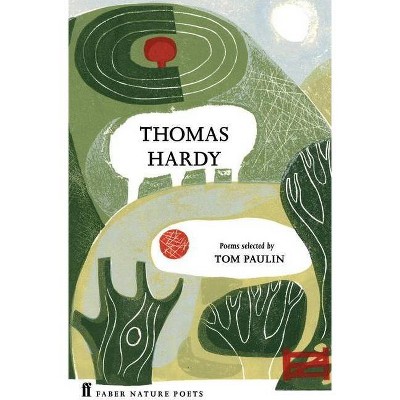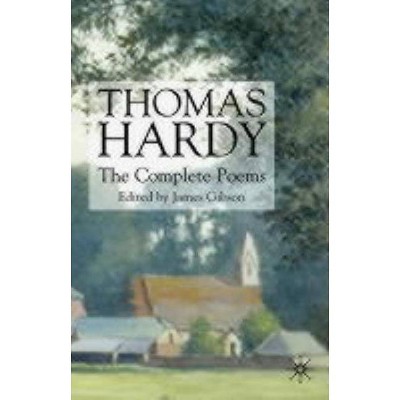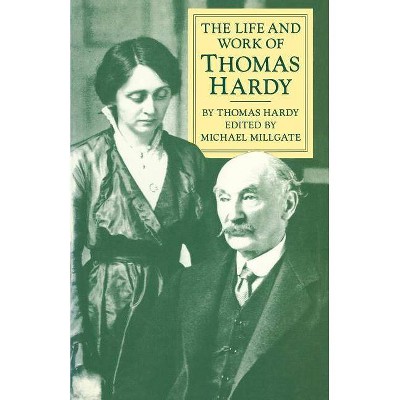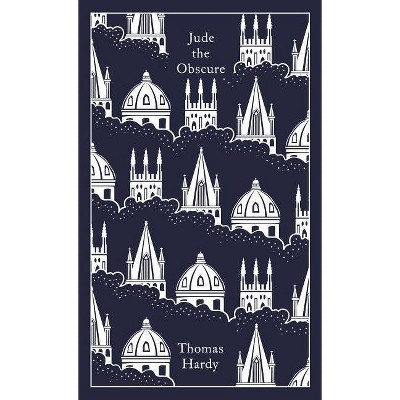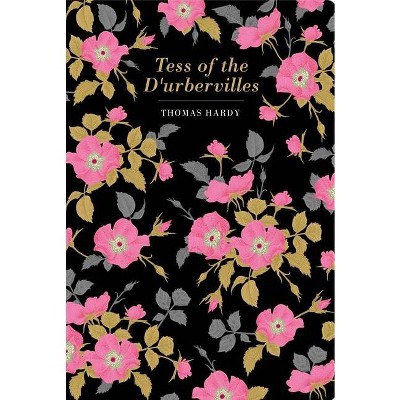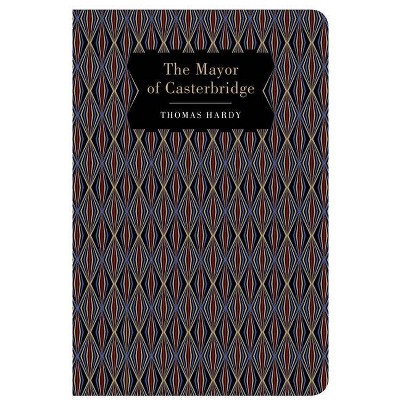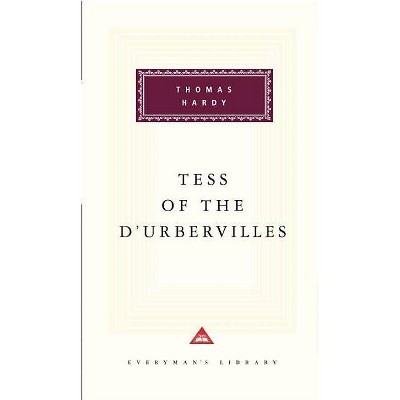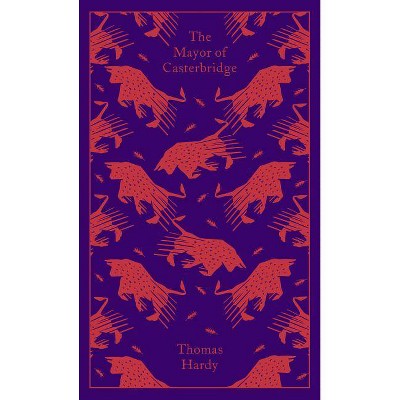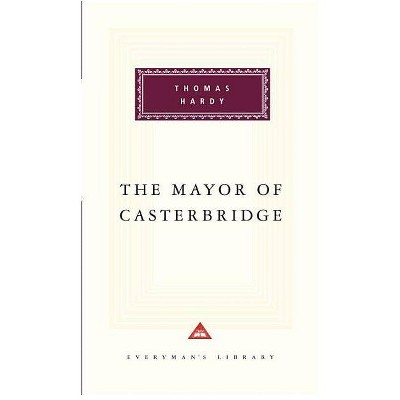Thomas Hardy: Folklore and Resistance - by Jacqueline Dillion (Hardcover)
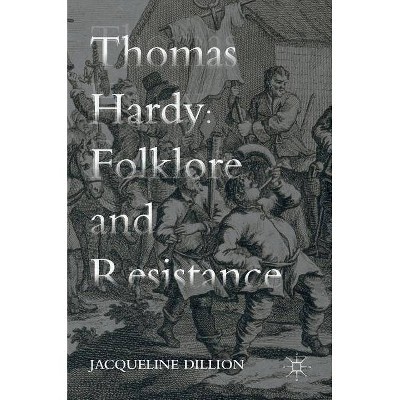
Similar Products
Products of same category from the store
AllProduct info
<p/><br></br><p><b> About the Book </b></p></br></br>"This book reassesses Hardy's fiction in the light of his prolonged engagement with the folklore and traditions of rural England. Drawing on wide research, it demonstrates the pivotal role played in the novels by such customs and beliefs as 'overlooking', hag-riding, skimmington-riding, sympathetic magic, mumming, bonfire nights, May Day celebrations, Midsummer divination, and the 'Portland Custom'. This study shows how such traditions were lived out in practice in village life, and how they were represented in written texts - in literature, newspapers, county histories, folklore books, the work of the Folklore Society, archival documents, and letters. It explores tensions between Hardy's repeated insistence on the authenticity of his accounts and his engagement with contemporary anthropologists and folklorists, and reveals how his efforts to resist their 'excellently neat' categories of culture open up wider questions about the nature of belief, progress, and social change."--<p/><br></br><p><b> Book Synopsis </b></p></br></br>This book reassesses Hardy's fiction in the light of his prolonged engagement with the folklore and traditions of rural England. Drawing on wide research, it demonstrates the pivotal role played in the novels by such customs and beliefs as 'overlooking', hag-riding, skimmington-riding, sympathetic magic, mumming, bonfire nights, May Day celebrations, Midsummer divination, and the 'Portland Custom'. This study shows how such traditions were lived out in practice in village life, and how they were represented in written texts - in literature, newspapers, county histories, folklore books, the work of the Folklore Society, archival documents, and letters. It explores tensions between Hardy's repeated insistence on the authenticity of his accounts and his engagement with contemporary anthropologists and folklorists, and reveals how his efforts to resist their 'excellently neat' categories of culture open up wider questions about the nature of belief, progress, and social change.<p/><br></br><p><b> From the Back Cover </b></p></br></br>This book reassesses Hardy's fiction in the light of his prolonged engagement with the folklore and traditions of rural England. Drawing on wide research, it demonstrates the pivotal role played in the novels by such customs and beliefs as 'overlooking', hag-riding, skimmington-riding, sympathetic magic, mumming, bonfire nights, May Day celebrations, Midsummer divination, and the 'Portland Custom.' This study shows how such traditions were lived out in practice in village life, and how they were represented in written texts - in literature, newspapers, county histories, folklore books, the work of the Folklore Society, archival documents, and letters. It explores tensions between Hardy's repeated insistence on the authenticity of his accounts and his engagement with contemporary anthropologists and folklorists, and reveals how his efforts to resist their 'excellently neat' categories of culture open up wider questions about the nature of belief, progress, and social change.<p/><br></br><p><b> About the Author </b></p></br></br>Jacqueline Dillion is Visiting Assistant Professor of English at Pepperdine University, USA. She holds a PhD in English from the University of St Andrews. She has previously served as director of Harding University's London and Paris study abroad programs, where she also taught courses in British literature. While carrying out her doctoral research, she was invited to become the first Scholar in Residence at Max Gate, Thomas Hardy's house in Dorset. She has also lectured widely around the world, and has been featured several times on BBC television and radio and on ITV.
Price History
Price Archive shows prices from various stores, lets you see history and find the cheapest. There is no actual sale on the website. For all support, inquiry and suggestion messagescommunication@pricearchive.us
